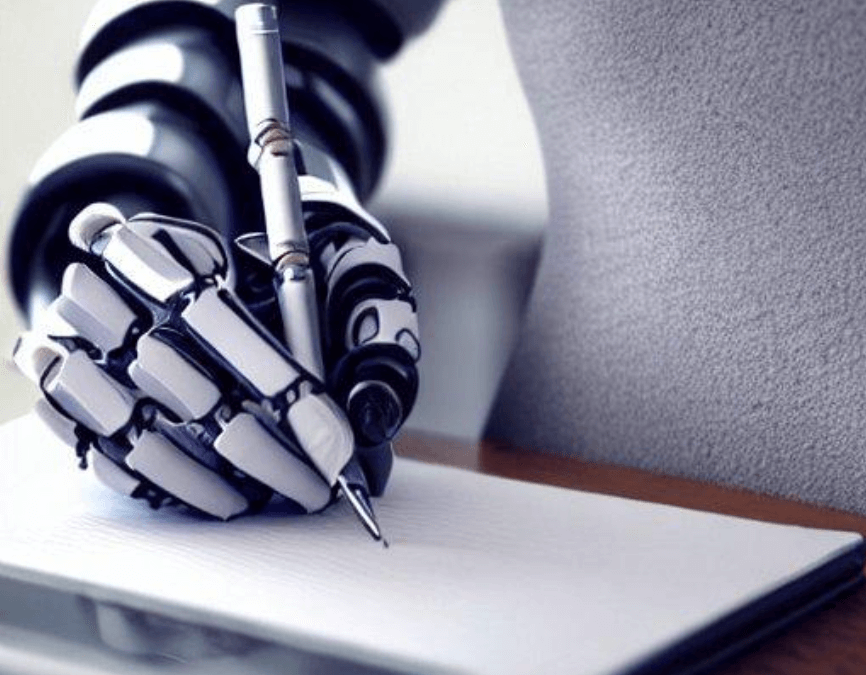In recent years, and especially in the last few months, the use of artificial intelligence (AI) such as ChatGPT has rapidly increased across various industries, including the legal field. AI-powered solutions are now being used more and more to assist with legal research, document review, and even the creation of legal documents such as wills. While the idea of using AI to create a will may seem appealing, it is important to consider the potential risks and limitations of relying on technology for such an important legal document.
As an advisor who helps clients with estate planning, I want to caution against the growing trend towards DIY (Do It Yourself) wills in the UK. DIY wills via a website may seem like a cost-effective solution, but they can ultimately be a waste of money and create more problems than they solve.
One of the main problems with DIY wills is that they are often too generic to be of real use. Many online legal services offer cheap or even free will templates, but these templates do not take into account the nuances of your personal situation or the specific laws in the UK, or where you are domicile. In addition, many people who attempt to write their own will make common mistakes, such as failing to include all of their assets or not appointing a backup executor. These errors can result in legal challenges that cost much more to resolve than it would have cost to hire a professional in the first place.
While AI-powered solutions may seem like an attractive alternative to DIY wills, there are several risks associated with using them. AI algorithms can generate a personalised will, but they may not be able to consider all of the unique factors that could impact your estate plan. They may not be able to identify potential legal issues or recommend strategies for minimising taxes and other expenses.
There are several other potential pitfalls of creating a DIY will. One common mistake is failing to properly sign and witness the document, which can render it invalid. Another issue is failing to update the will regularly, which can result in outdated or contradictory instructions that may lead to confusion or disputes among your children and other heirs.
Additionally, if your will is not drafted in accordance with the formalities required by law, it may be deemed invalid by a court, which can lead to expensive and time-consuming legal battles. Finally, a DIY will may not adequately address complex issues such as blended families, trusts, or charitable giving, which can have significant implications for your estate plan.
If you are considering using a DIY will or an AI-powered solution, I urge you to think twice. These options may seem like a good way to save money, but they come with significant risks. By working with a qualified advisor like me, you can ensure that your wishes are properly documented and legally binding, while also minimising the risk of legal challenges or other issues.
In addition to the cautions I mention above, I think it is also essential to mention that with DIY and AI wills there is no Inheritance Tax Planning. A major problem with this solution could be a huge tax bill for your beneficiaries.
Want to find out more with no obligation? Feel free to get in contact with me on 07831 379562 or email [email protected]

